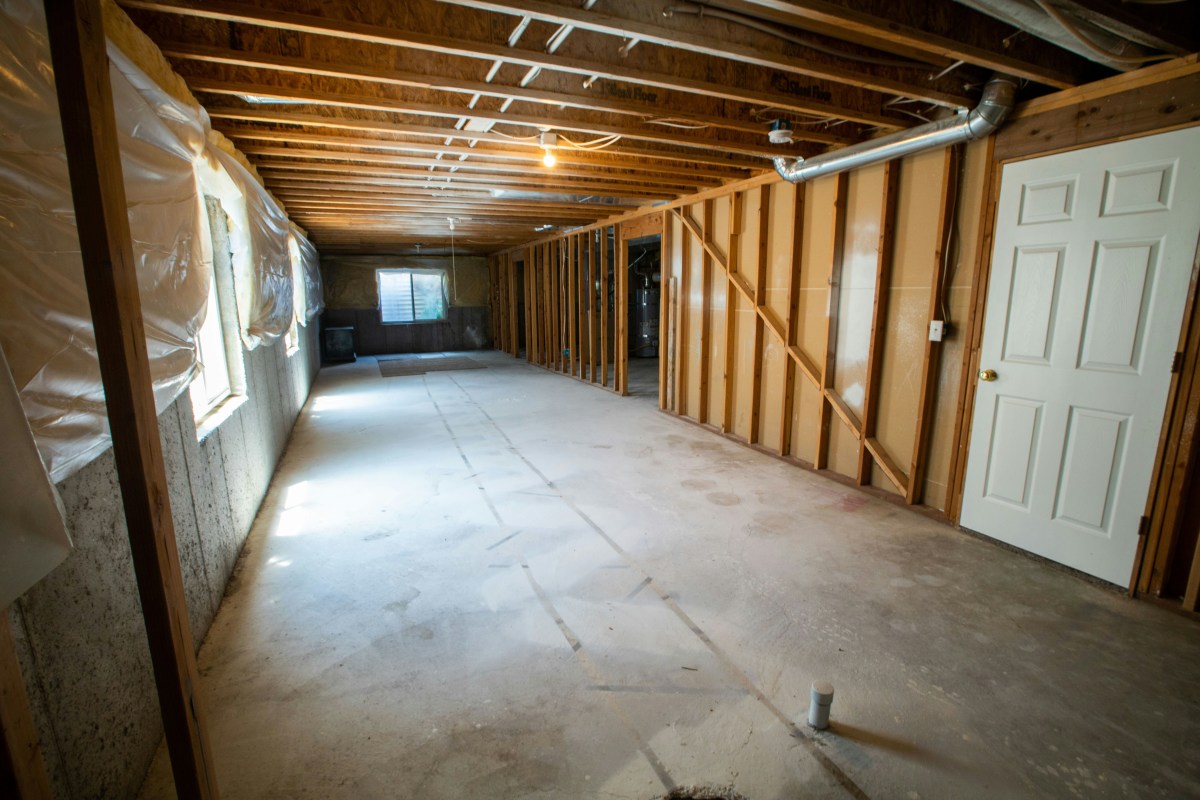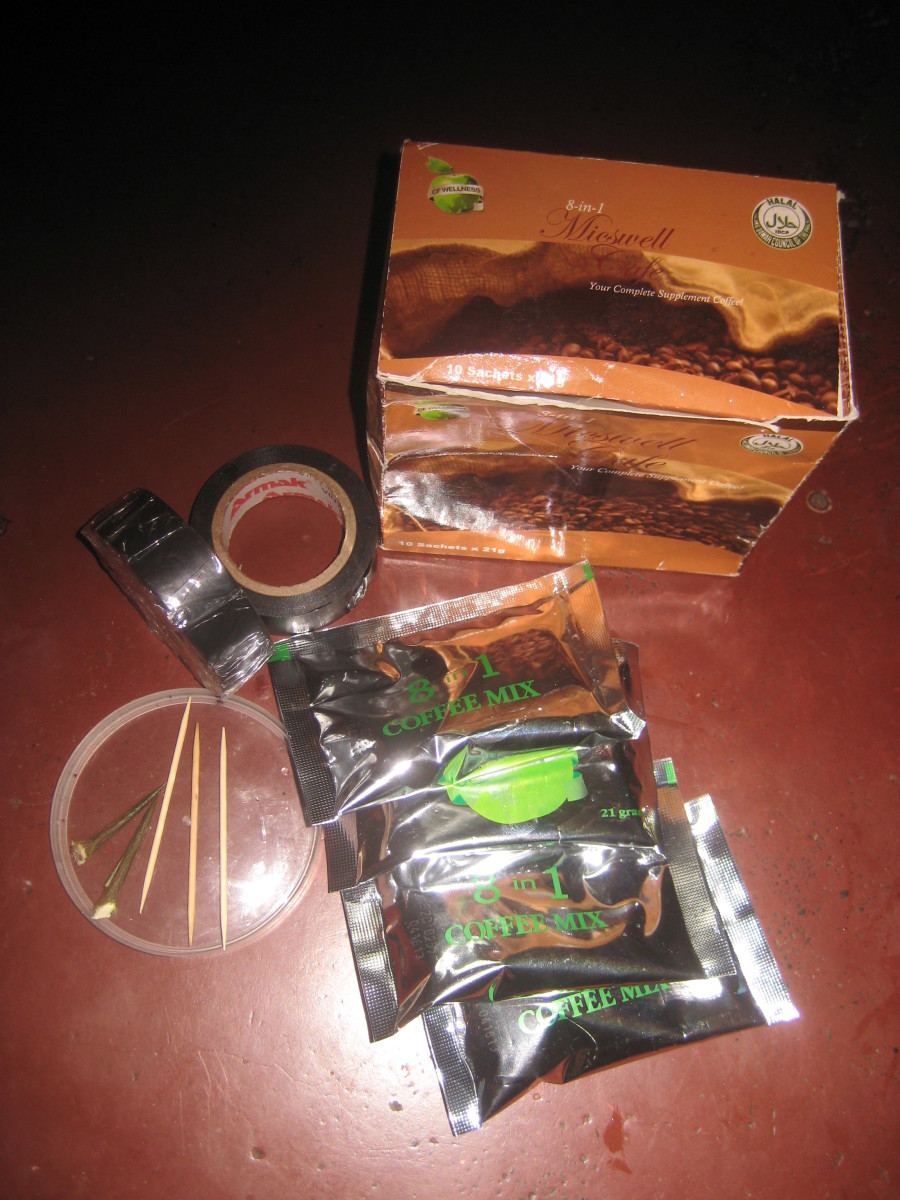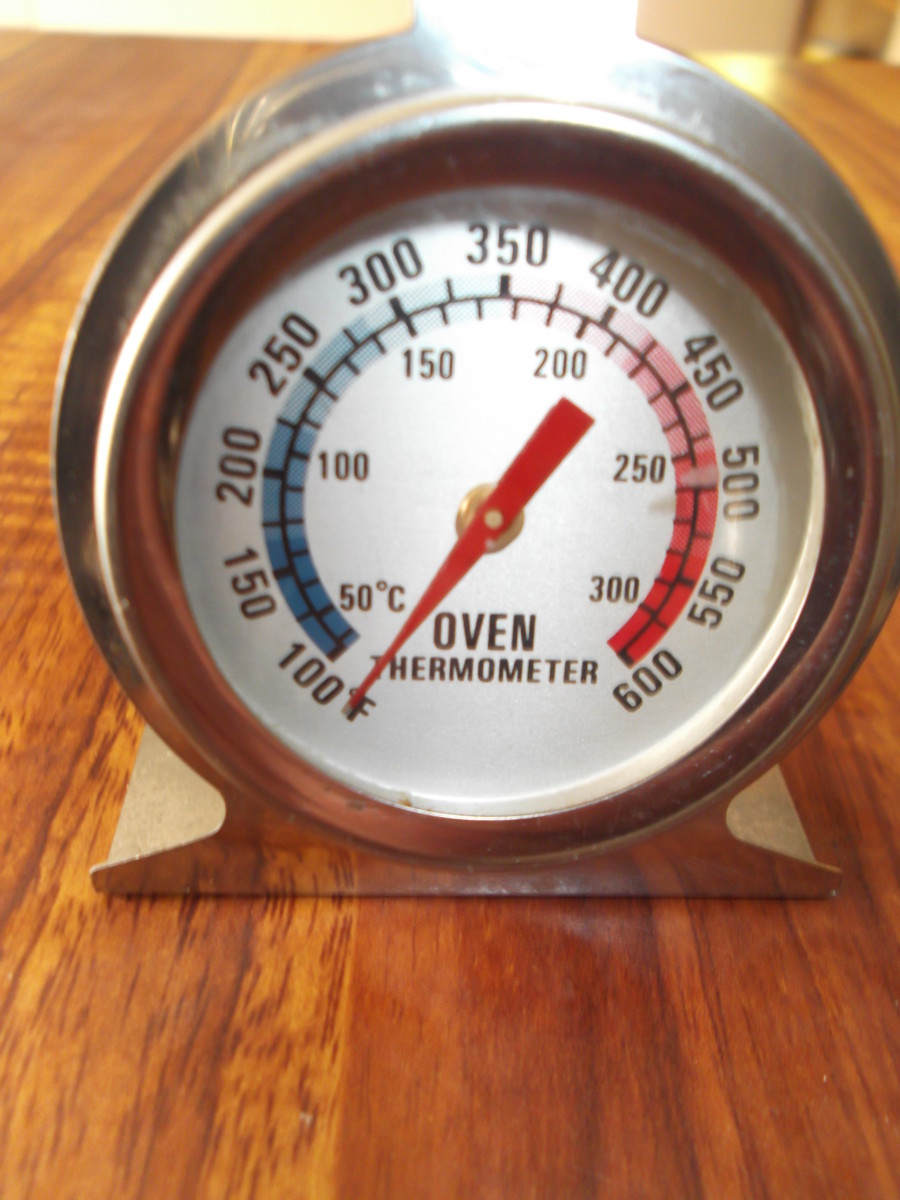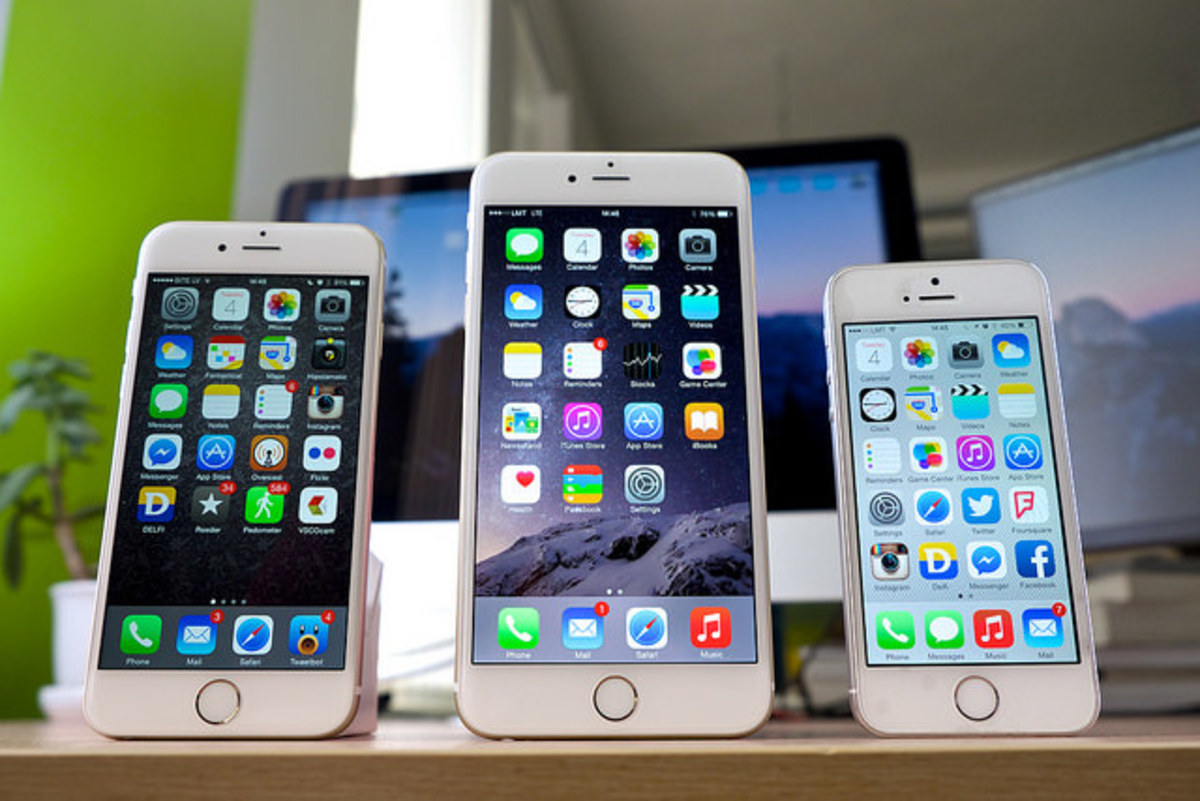The Future of the Smart Grid - What It Is and What It Means to You
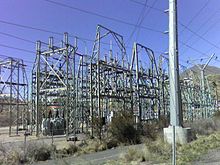
What does the term "smart grid" mean to you?
If you're like some folks your eyes just glaze over when you hear "smart grid." If you're like others, you may have a vague idea that smart grid is an idea being pushed by the electric power industry and the government, but it has little to do with you.
That's where you're wrong. The smart grid will affect your electric bill, the reliability of your electric service, your national security, national economy, use of sustainable energy sources like solar and wind power, and sometime in the future it will change the way you communicate.
What exactly is the "Smart Grid"?
Ask Google for the definition of smart grid and you get a dozen answers. Here are a few of the definitions that come up when you start a sentence with -- "A smart grid is ...
"...a digitally enabled electrical grid that gathers, distributes, and acts on information about the behavior of all participants (suppliers and consumers) in order to improve the efficiency, importance, reliability, economics, and sustainability of electricity services. (Wikipedia)
"...digital technology that allows for two-way communication between the utility and its customers, and the sensing along the transmission lines is what makes the grid smart. Like the Internet, the Smart Grid will consist of controls, computers, automation, and new technologies and equipment working together, but in this case, these technologies will work with the electrical grid to respond digitally to our quickly changing electric demand. (DOE's smart grid website)
"...A nickname for an ever widening palette of utility applications that enhance and automate the monitoring and control of electrical distribution. (Ontario Green Energy Act Alliance)
" ...The electric delivery network, from electrical generation to end-use customer, integrated with sensors, software, and two-way communications technologies to improve grid reliability, security, and efficiency. (Utah's Broadband Project-Glossary)
What's wrong with our electric power system?
Our entire electrical system was built in just over 100 years. Today there are over 9.200 generating stations, 300,000 miles of high-voltage transmission lines, and millions of miles of distribution lines that carry electricity to your neighborhood and your home.
The electrical system, as you can imagine is highly complex. If an unusually large electrical load develops in one part of the county (in response to air conditioning loads because of a long heat wave, for example) electric power must be transmitted from another part of the country over transmission lines that may already carrying a capacity load.
Unlike most products, electricity must be comsumed when generated, or stored. Unfortunately, there is no large scale storage system.
New renewable sources of electricity already being installed -- wind turnbines, solar power -- with even more futuristic sources under consideration.
Often these renewable sources are located far from population load centers.
An important part of the smart grid is the smart meter that will be installed on most homes.
These meters will save money in the long run by allowing utilities to remotely read the electric meter.
They will also allow you to monitor your own electricity use throughout the day so that you can save on your electric bill by changing how and when you use high-consumption appliances.
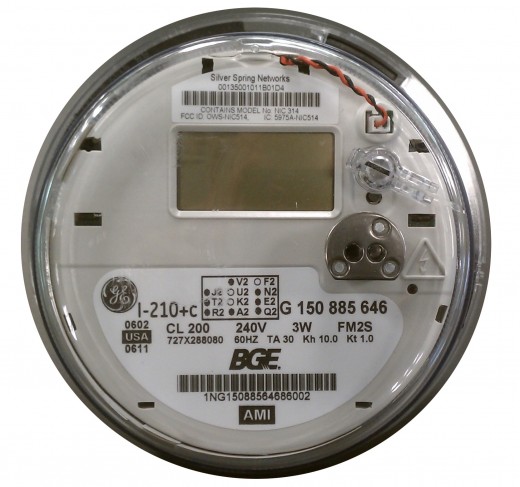
The new Smart Grid is coming!
In short, our electrical system is antiquated and desperately need updating for the 21st century and beyond using 21st century technologies, such as computers and communications.
And our electric systems offer tremendous untapped potential for service. Think of how the telephone system first developed as a means of communication. That infrastructure provided the structure for the development of the Internet.
Our electrical infrastructure can be the foundation for future technologies. We may one day be communicating over electric power lines.
The new Smart Grid is coming! And a new smart meter on your house will be part of the Smart Grid.
That's why you should learn more about the smart grid.


